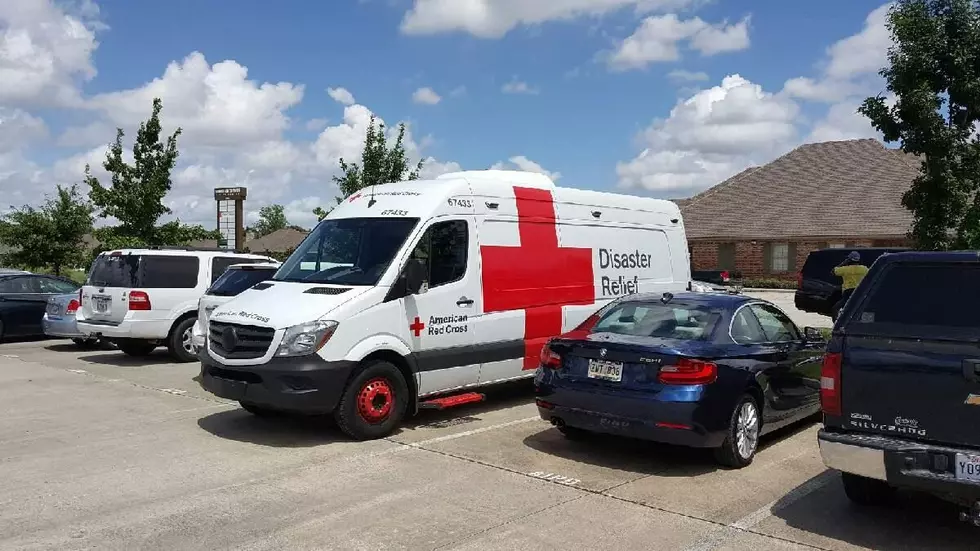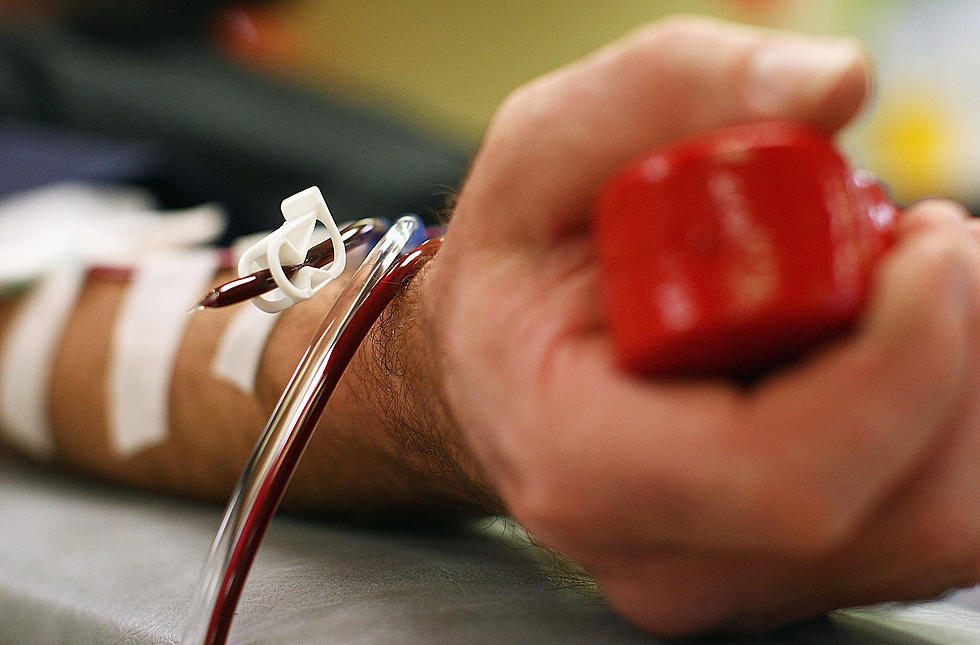
Red Cross Has Tips for a Safe Summer Vacation
School has ended and summer vacation is here, and the American Red Cross has some advice on how you can stay safe over the next couple of months.
"Preparation and prevention are key components of summer safety," said Chief Executive of the Red Cross in Louisiana Kay Wilkins. "If an emergency occurs, people need to know what to do until advanced medical help arrives."
You can avoid vacation mishaps by packing appropriate clothing, insect repellant, sunscreen and first aid items. Be sure to include soap, tweezers, wound gel, personal medication and items like fever reducers, fungal creams and pain relievers.
The Red Cross shares the following tips if:
You're stung by a jellyfish: Wash liberally with vinegar as soon as possible for at least 30 seconds. If vinegar isn't available, make a thick mixture of baking soda and water.
Mosquitoes are biting: The first step is to prevent mosquito bites. If you've forgotten that, use an over-the-counter product to reduce the itch and urge to scratch.
You have a sick stomach: Keep the person hydrated and take a medication made specially for someone with tummy woes.
You spent too long in the sun: Get out of the sun, cool the area and use topical pain relief medication, if needed.
You have blisters: Leave them alone to protect the area. If the blister may cause further injury, puncture at the base, clean and protect with another barrier, such as a bandage.
You suffer an allergic reaction: Remove the person from the allergen. Give the person oral antihistamines, if needed. If the situation is life-threatening, consider the use of epinephrine.
Water Safety Tips:
Swim in designated areas supervised by lifeguards.
Always swim with a buddy -- do not allow anyone to swim alone.
Have appropriate equipment, such as reaching or throwing equipment, a cell phone, life jackets and a first aid kit.
If visiting a beach, be mindful of safety signs, and check the weather report before heading out to be aware of changing conditions throughout the day.
Never leave young children unsupervised.
If you have a pool, secure it with appropriate barriers. Many children who drown in home pools were out of sight for less than five minutes and in the care of one or both parents at the time.
Never leave a young child unattended near water, and do not trust a child's life to another child. Teach children to always ask permission to go near water. Avoid distractions when supervising children around water.
If a child is missing, check the water first. Seconds count in preventing death or disibility.
Have young children or inexperienced swimmers wear U.S. Coast Guard-approved life jackets around water, but do not rely on life jackets alone.
Visit your local pool and ask for Red Cross swim lessons from an authorized instructor.
Check out this video for tips on how to respond to someone who may be struggling or drowning:
More From News Radio 710 KEEL

![Adorable Kid Belly Flops Into Pool [VIDEO]](http://townsquare.media/site/34/files/2018/07/Screen-Shot-2018-07-30-at-8.43.37-AM.png?w=980&q=75)







